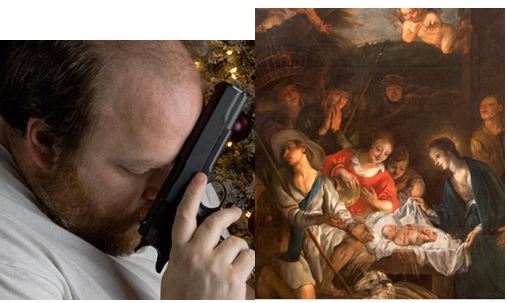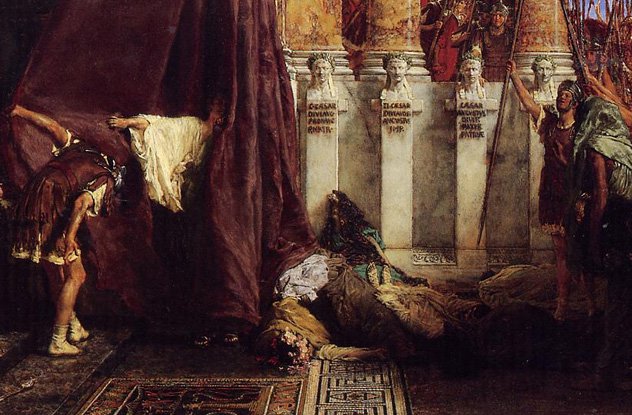9Christmas Replaced A Pagan Holiday
As we said, the popular story is that Christmas is December 25 because it replaced the winter solstice and allowed pagan worshipers to keep their celebrations. But intriguing evidence refutes this idea.
One theory connects the date with a declaration from the Roman emperor Aurelian, which established a feast day for Sol Invictus, or the Unconquered Son. However, Aurelian was definitely anti-Christian, and his declaration happened after Christmas had already been established
Also, when Christmas began, Christianity wasn’t gently stepping into the pagan realm that it was trying to replace. In fact, it was trying to distance itself from pagan worship as much as possible. The two wanted nothing to do with each other, and Christianity wasn’t catering to or accepting anything of the pagans, who were conducting sacrifices and violently persecuting them. Gradually, pagan traditions were accepted into Christmas celebrations, but not till the 12th century was that put forward that the reason Christmas falls on December 25.
So where’d the date come from? Christ was said to have been conceived and crucified on the same date. That was on March 25 in the Roman calendar. Nine months after March 25 is December 25.





































Discussion about this post